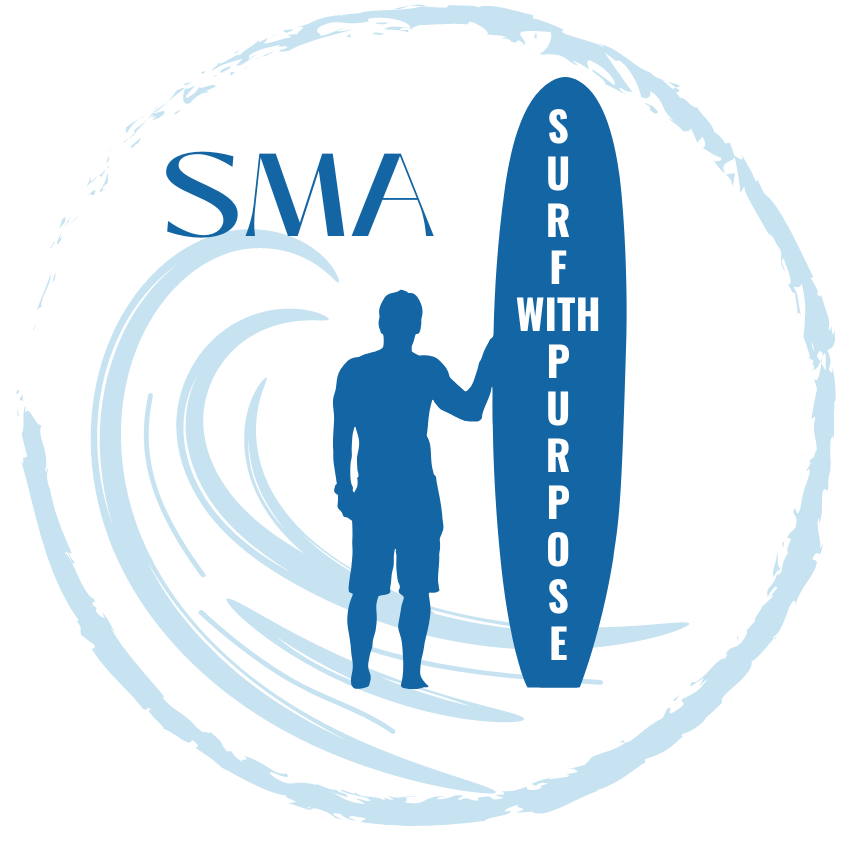The Wrong Argument: Why Experience Doesn’t Matter
Great article by by MARIO VITTONEAPR 5, 2018

The pilot responsible for the greatest airline disaster in history, Jacob van Zanten, had been a pilot for 21 years when he misjudged the risk of taking off into fog. He killed 538 people. Captain Lee Joon-seok had more than 40 years of experience when he gave an order that contradicted everything he had ever learned as a professional. More than 300 passengers and crew on his ferry died; most of them were in high school. And on January 28, 1983, NASA, an organization made up of a team of long-experienced professionals, decided to not listen to other professionals who told them something was critically unsafe. They launched the Space Shuttle Challenger anyway, killing all seven aboard.
Last week, when I suggested that perhaps racing sailors may be made safer by the implementation and enforcement of a few rules, I was just trying to start a discussion. I expected some pushback and I got it, but wow, did some people let me have it. Egos are predictable if nothing else and fans of racing and racers alike attacked with the same version of an old argument. “We are professionals with years of experience and know what we are doing. We know the risks and manage them!” But here’s the problem: most don’t actually fully understand the risks. The experience of a professional is as likely to be in the way as it is to help. Experience is a rotten teacher.
I’ve been speaking to experienced professionals of one maritime ilk or another on ocean survival and rescue since 1994. I’ve stopped being amazed at how much they can know about their jobs and their boats while still understanding so very little about the water that surrounds them.
“Under five minutes!” is the most common answer I get from professional captains when I ask how long it takes to become hypothermic in icy waters. It’s not true. A marine insurance underwriter once complained to me that “over four hours” was too long for the Coast Guard to recover one of his clients who went overboard during the day close to shore. Four hours is speedy and above average. And earlier this week I wrote a letter to a high school rowing team to talk them out of allowing their long-experienced coach to train the kids on a sub 45-degree river.
The coach’s professional advice to a concerned parent was, “The kids are good swimmers; they can make it to shore if they go overboard.” I’m sure he’s a nice guy with decades of experience, but he had no earthly idea what he was talking about.
Professionals do not understand the risks better just because they have been exposed to them more — they have just managed to dance around them where novices may not have. Or, as Laurence Gonzales puts it, “The word ‘experienced’ often refers to someone who’s gotten away with doing the wrong thing more frequently than you have.” That’s it. It is exactly that experience — the experience of nothing bad happening — that allows the experienced to nonchalantly decide which rules to follow and which ones don’t apply to them or shouldn’t.
So, when a career sailor decides that it is not necessary to put his crew into life jackets as they work on the unstable deck of a boat speeding through the open water at 18 knots, he is not making a professional risk decision, he is a teenager texting and driving because he’s never been in a wreck while doing it.
Here is what I know — for sure — from my own (very limited) experience. The ocean has no idea how good you are. It doesn’t care how many races you’ve won or how many miles you have under your keel. If you find yourself off your boat and actually in the water, your experience as a professional whatever-you-are means nothing.
Things are actually pretty safe now in the world of boats and boating. There really is only one thing left to achieve to get us the rest of the way: we’ve got to change the way we think. NASA didn’t have any idea what they were doing. A 20-year rowing coach knows how to row, not how to swim in cold water. And somewhere in the air right now a very senior pilot is being talked out of a tragedy by a rookie who is on his first professional flight.
So, try to be less proud of your experience. Quit bragging about how long you’ve been at the helm. A lack of humility can get you killed. We are all students here— or should be — and listening to each other and having conversations about options should never anger a true “professional.”

